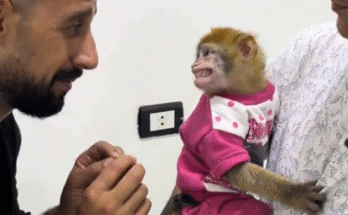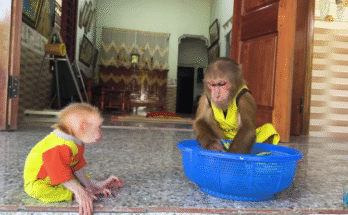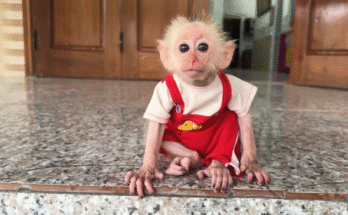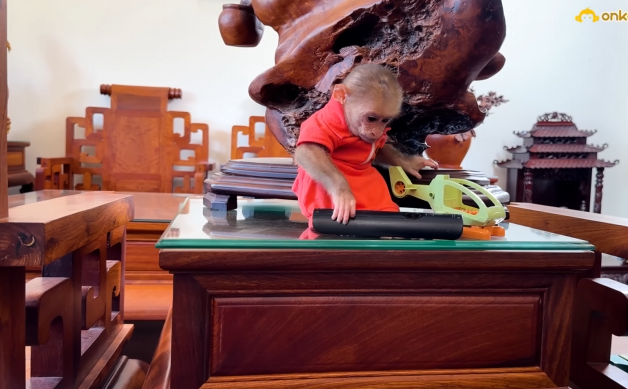
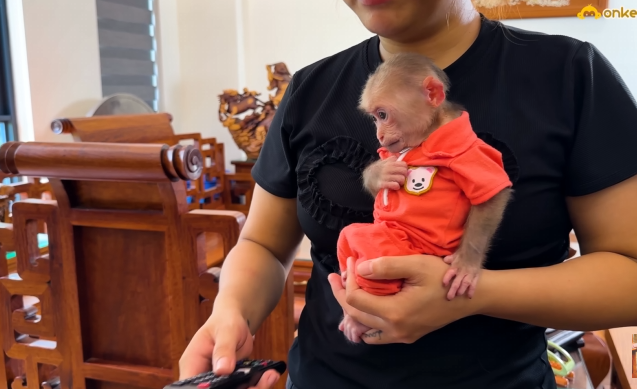
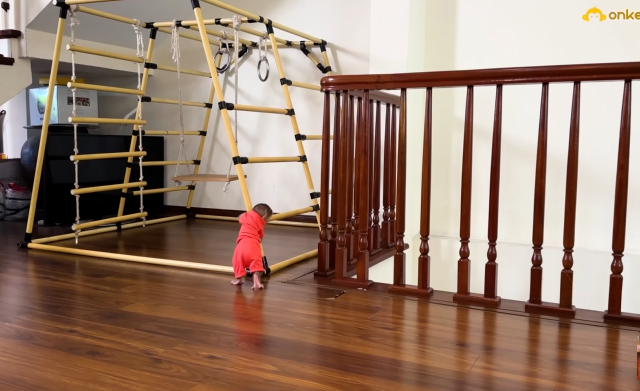
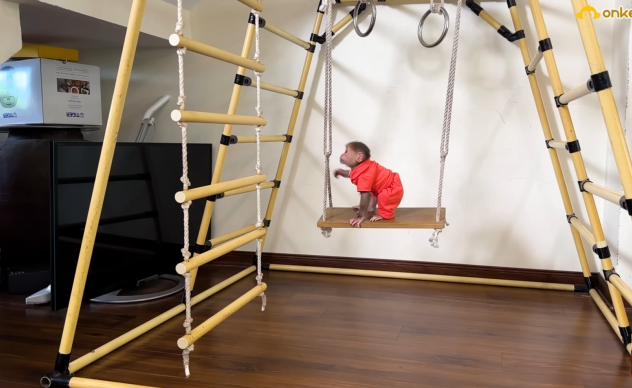
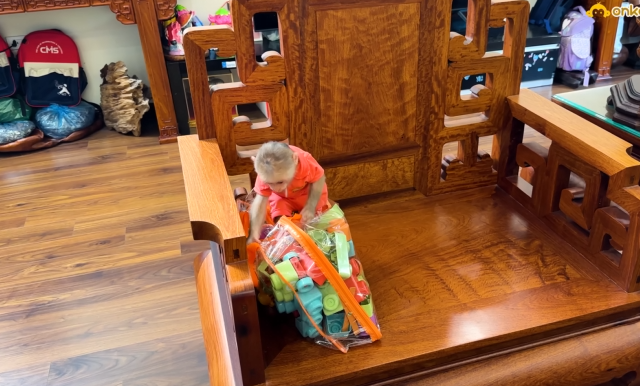
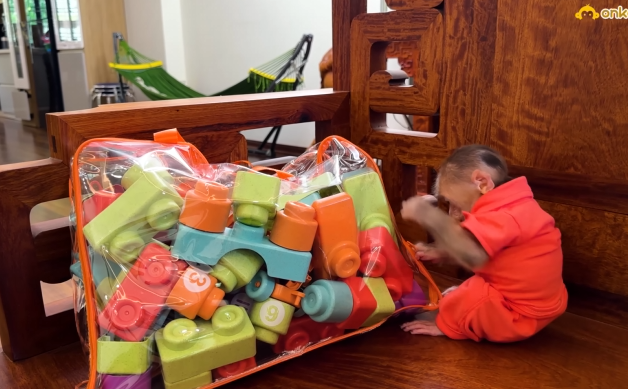
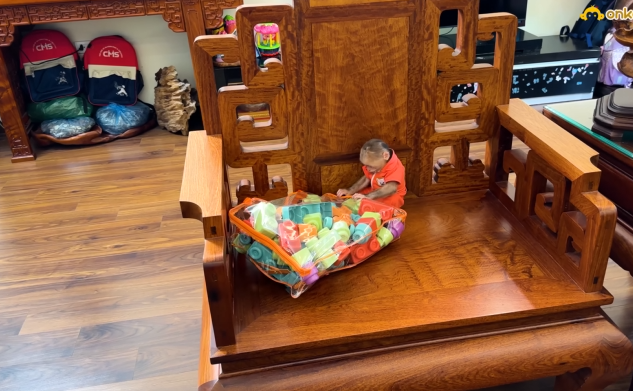
Lala is a lively and curious little girl with an imagination as wide as the sky. Every day is an adventure for her, filled with games, laughter, and her beloved toys. Her room is a treasure chest of dolls, colorful blocks, stuffed animals, puzzles, and pretend kitchen sets. But like many young children, Lala used to leave a trail of toys behind wherever she played. Her parents gently reminded her to clean up after herself, but she always replied, “I’ll do it later!”
One sunny afternoon, something changed.
It was a Saturday morning, and Lala had invited her friend Mimi over to play. The two girls dove into the toy box with excitement, pulling out all their favorite toys. They built towers with blocks, hosted a tea party with their dolls, and played hide-and-seek with teddy bears. By lunchtime, the floor was covered in toys, and the room looked like a tiny tornado had passed through.
When Mimi’s mother came to pick her up, she stepped inside and smiled warmly but looked a little concerned. “Wow, you girls had fun! But it looks like a lot to clean up,” she said gently.
Lala just giggled and waved goodbye to Mimi, not thinking twice about the mess.
Later that day, Lala’s mom walked into the room and paused. She didn’t scold or raise her voice. Instead, she sat down next to Lala and began talking softly. “Lala, do you see all these toys? They look tired after playing. Do you think they’d like to go back to their home to rest?”
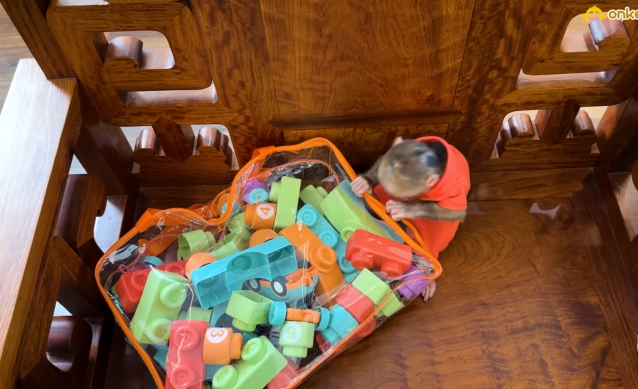
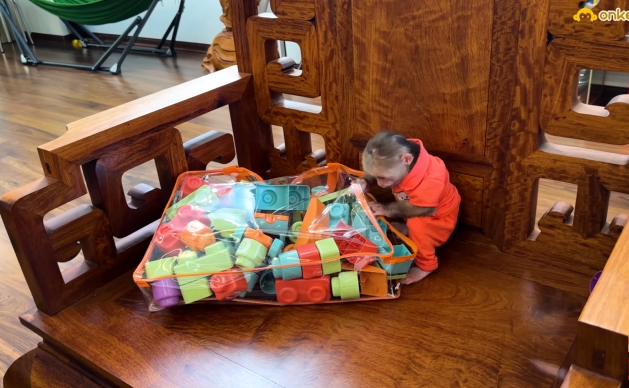
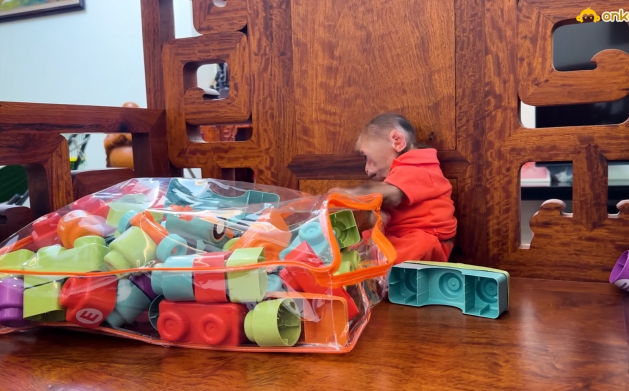

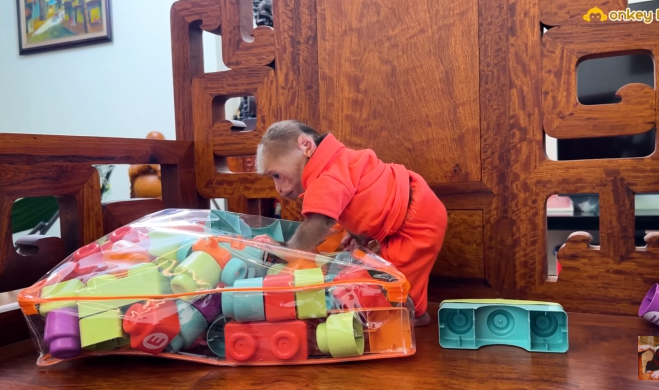
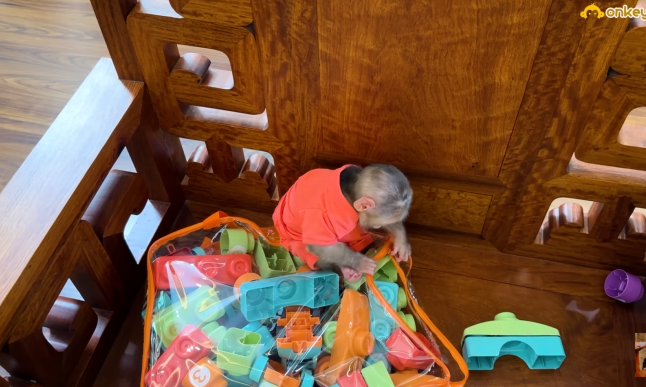
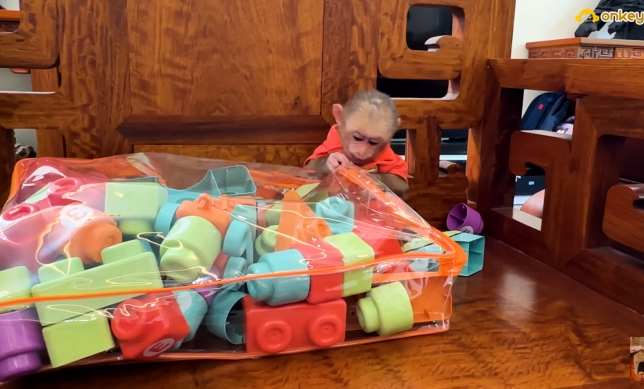
Lala looked around and thought for a moment. “Maybe,” she said, tilting her head.
Her mom smiled. “Toys are like little friends. When we’re finished playing, we should help them find their place. That’s part of being responsible. When we take care of our things, they last longer, and we can enjoy them more.”
Lala listened carefully. She never thought of cleaning up as helping her toys. Suddenly, it didn’t feel like a chore—it felt like kindness.
To make it more fun, her mom introduced a game called “Toy Rescue Time.” She set a timer for five minutes and told Lala to see how many toys she could “rescue” by putting them back in their boxes and shelves. Lala’s eyes lit up. She ran around the room, singing a little clean-up song as she scooped up her toys and placed them neatly in their homes.
When the timer rang, her mom clapped. “Great job, Lala! You saved all the toys in just five minutes. They’re so happy to be back where they belong!”
From that day on, Lala began to understand the importance of self-discipline and responsibility. Her mom explained that self-discipline means doing the right thing even when no one is watching—and that included cleaning up her toys after playing.
To help reinforce the habit, her parents added a reward chart on the wall. Every time Lala cleaned up her toys without being asked, she got a star. When she collected ten stars, she could choose a small prize like a sticker sheet, a coloring book, or even a fun activity with mom or dad. But more than the rewards, Lala began to feel proud of herself. The once messy room now sparkled by bedtime each day.
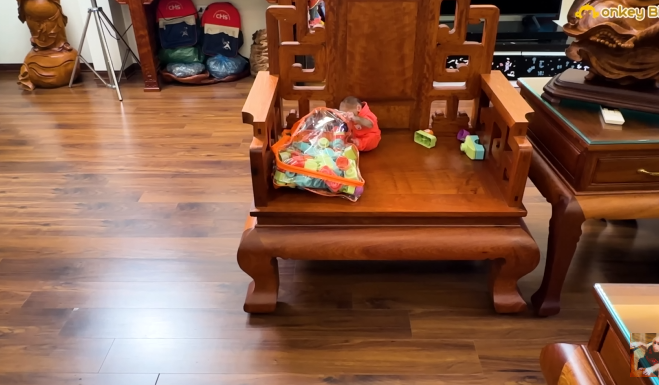
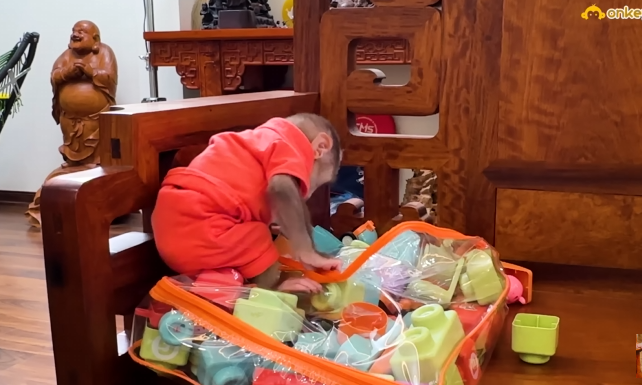
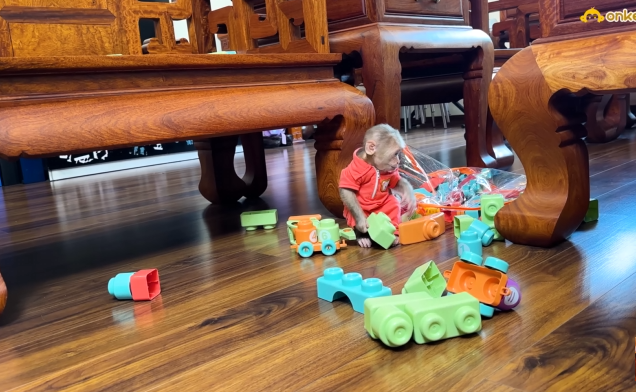
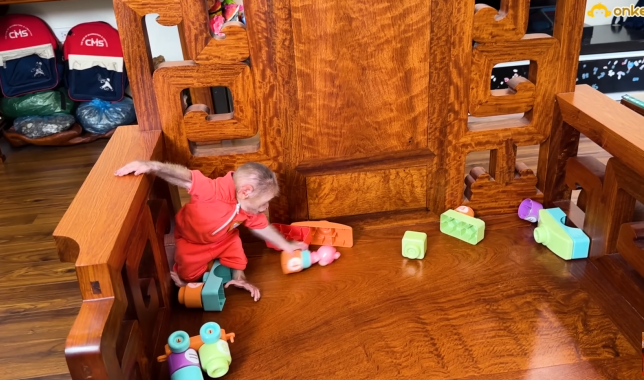
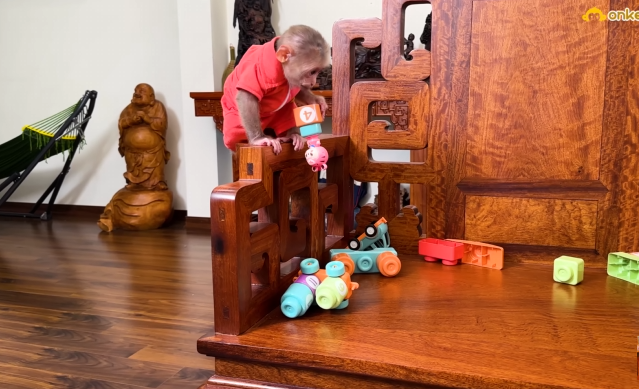
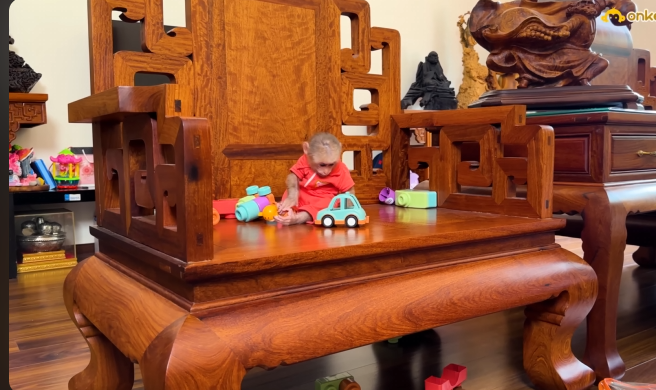
One day, Lala’s cousin Timo came to visit. He was younger than Lala and loved playing with toy cars. After playing for hours, he started to leave the room without tidying up. Lala gently stopped him. “Timo, we have to help the toys go home before we go,” she said, handing him a small basket.
Timo looked confused, but Lala showed him how to put the cars away, making vroom-vroom sounds as she pushed them into their box. Soon, he joined in happily. Lala’s mom watched from the doorway with a smile. Her little girl was not only learning responsibility but also becoming a role model for others.
Of course, there were days when Lala forgot or didn’t feel like cleaning. On those days, her mom would gently remind her, “What would your toys say if they could talk? Would they feel forgotten?” That question always made Lala giggle, imagining her stuffed bunny whispering, “Lala, don’t forget me!”
Her dad also helped by making cleaning up a family routine. “Let’s all clean for five minutes!” he’d say after dinner, and the whole family would tidy up together, dancing to music and having fun. Lala learned that responsibility didn’t mean doing things alone—it could be fun when everyone pitched in.
As weeks passed, Lala began applying her sense of responsibility to other areas. She started placing her shoes neatly by the door, folding her little blanket after naptime, and even helping her mom set the table. Her teachers at preschool noticed the change too. “Lala is very organized,” they commented. “She always helps clean up the toys in the classroom.”

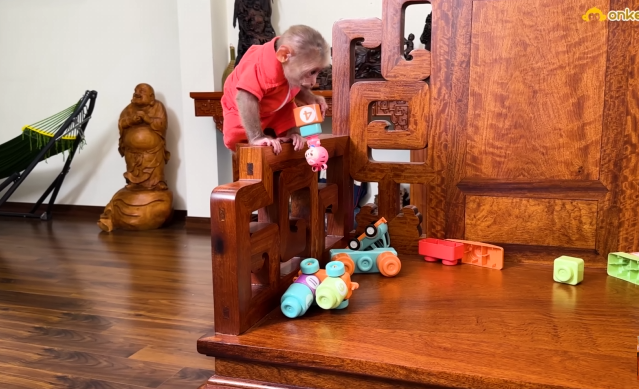
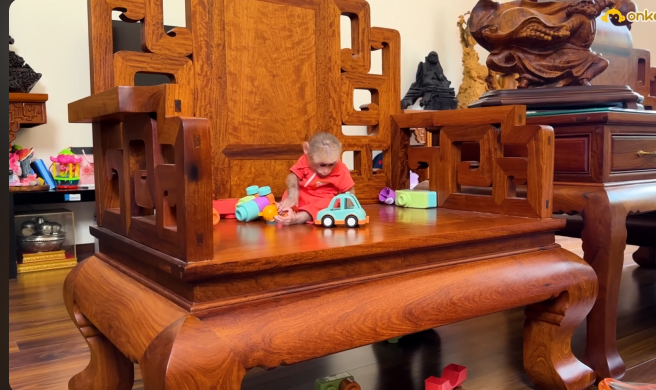
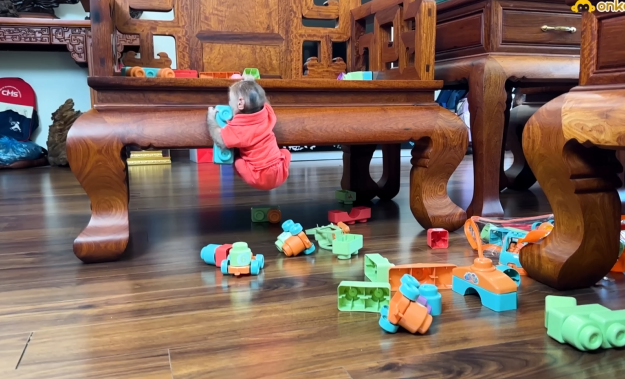
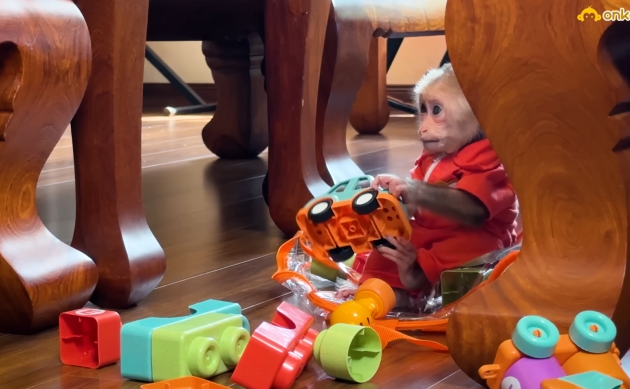
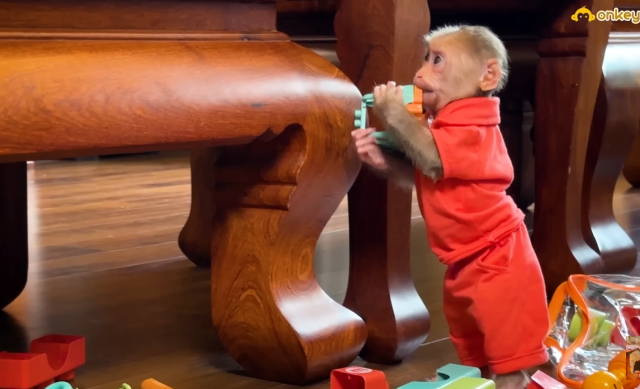
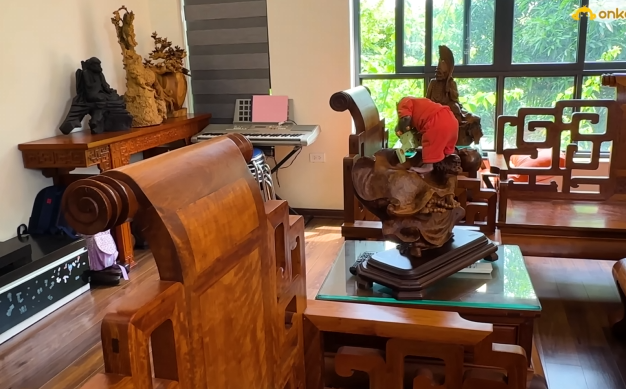
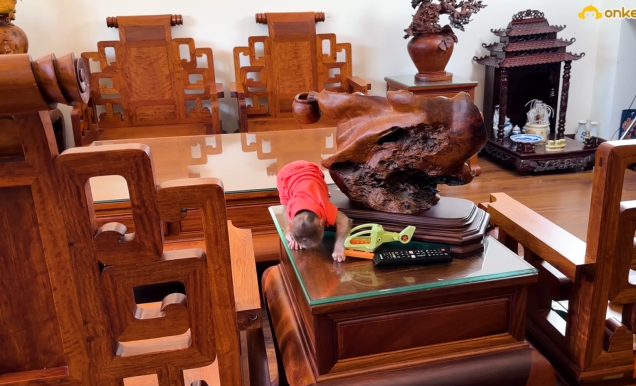
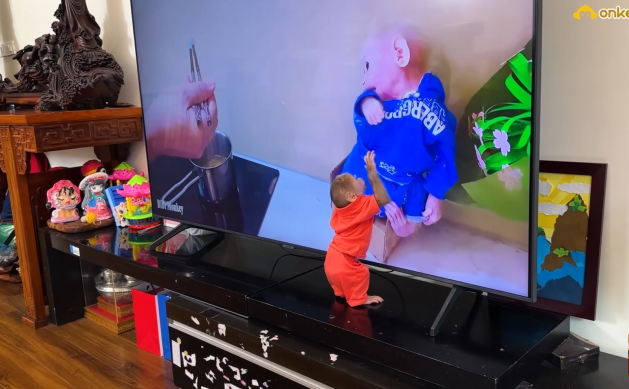
One morning, her mom sat down with her and said, “Lala, do you know what I’ve noticed? You’ve become very responsible. You take care of your toys, your things, and you help others too. That’s a very special quality.”
Lala beamed with pride. “I just want the toys to feel happy,” she said simply.
Her parents laughed and hugged her. “And we’re happy too. You’re growing up to be a thoughtful and disciplined little girl.”
The journey wasn’t always perfect. Sometimes, Lala would still get caught up in a game and forget to clean. But with a gentle nudge and encouragement, she always came back to her new habit. Over time, it became second nature.
By learning to clean up her toys, Lala discovered something much bigger: how to take responsibility for her actions, how to care for her environment, and how to become a reliable person. These early lessons planted the seeds for a future filled with good habits, strong character, and pride in her own actions.
And so, every night before bed, Lala would tuck her toys into their proper places, say “Goodnight” to each one, and drift off to sleep knowing she had done something important—even if it was as small as putting away a doll or closing the toy box.
Because self-discipline starts small—but its impact lasts forever.
